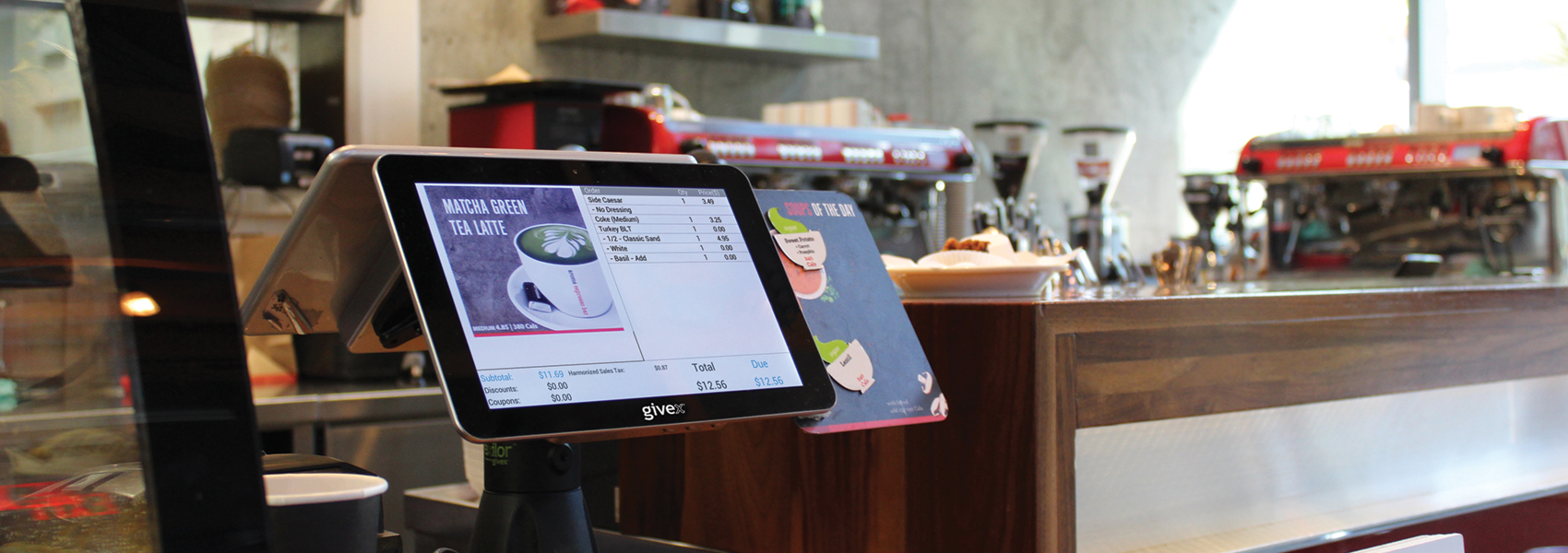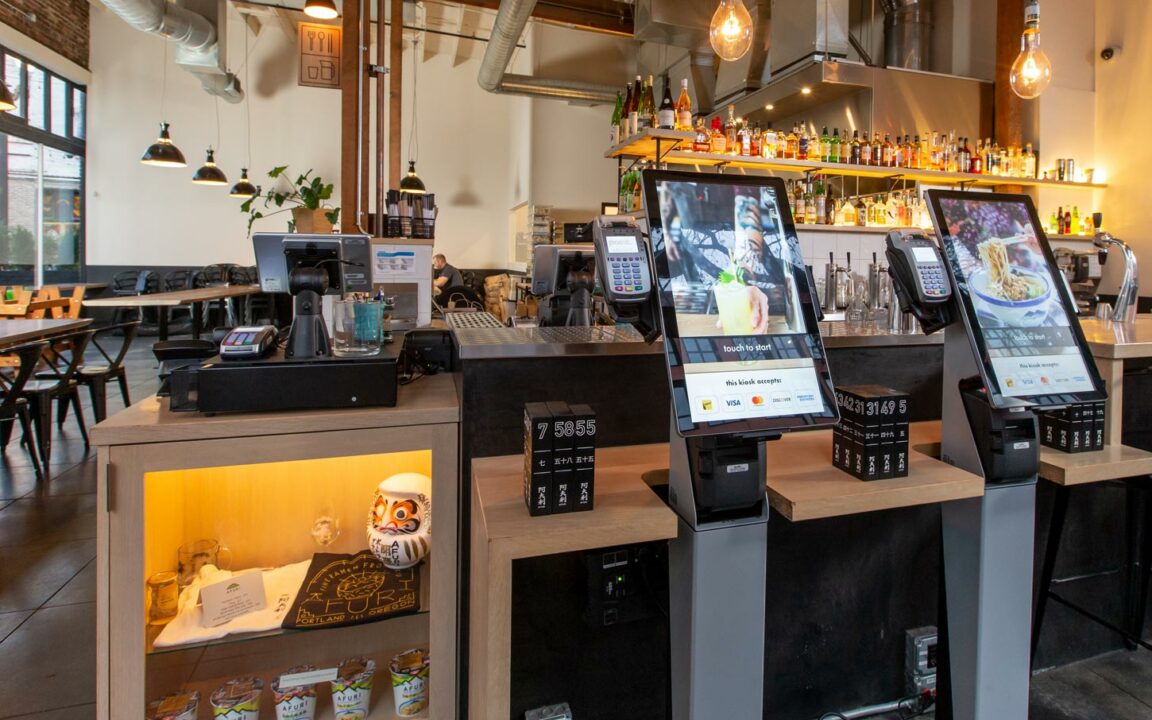
Looking for a POS? Here are 5 mistakes to avoid that will cost you in the long run!
Whether you are in the retail, restaurant, hospitality, or QSR industry, a POS system is a key component of your business management tools. It’s critical for the efficiency of your business operations. By planning, evaluating, and assessing your business requirements, implementation process, and organization constraints ahead of time, you can avoid incremental cost further down the road.
Although, having a POS system is critical, here are the most common mistakes buyers make when choosing a POS for their business. It is vital that you choose a POS system that leads to a well-integrated business strategy that fits with your long-term goals.
1) If it seems too good to be true! It’s because it is!
Who doesn’t love getting something for free? Heck, it gets my attention at times. But not for a POS! Do not get caught into the trap of free things, because if it feels a little too good to be true, there most likely is a reason for it.
Your business is unique with specific vision and requirements that your POS needs to meet. A cookie-cutter, off the shelf POS, may automate some of the general, basic functionalities but a POS that is designed precisely for your business needs will add value bringing a better return for your investment (ROI). Beware of the ‘razorblade’ business model where the base package is criminally cheap, but you discover later that you need to purchase costly add-on modules to get standard enterprise functionality.
Imagine your POS failing during a peak periodand forcing you to troubleshoot by trawling through user forums and self-help sites. YIKES!
2) What about the future?
Sometimes it is very tempting, especially when you are running a business, making a buying decision based on immediate requirements only. Try to place yourself out of the current process of managing the day to day operations and think about future growth and possible impact. POS is a long-term commitment. Invest in a POS system that is not just robust, scalable, and flexible but can also evolve as your business grows.
3) Not including multiple user groups in the POS need-analysis process
A POS system is so much more than a financial transaction tool– it is a platform that integrates into your daily business operations and can help you manage your business operations more efficiently, facilitate and/or improve sales, support and related interaction with your clients as well as help optimize the use of your resources (both physical and human resources).
As much as you would want to – it is hard to think about everything by yourself. Involve your team. Get input and feedback from employees from different departments that are hands-on with the everyday operation of your business. Engage them in the buying process. They are using the system the most, and they will be able to provide great ideas to grow the business or to innovate. This is also an excellent opportunity to receive honest feedback about any struggles they may have with your current POS, so issues aren’t repeated. Do not limit the conversation to the management staff.
4) Read the graphs
Don’t assume that all reporting features are created equal. A good POS today is loaded with endless functionalities that help you better manage your business. Getting the right and valuable insight from your reports contributes towards making the best decision making for your business. Mappingout the information you might want to collect from your POS is crucial to keepingyour business performing and growing.
Find out how your POS platform can support your present and future data requirements. Understand what types of reports are available today and what level of customization can be supported to match your business needs.
5) Don’t underestimate the post-sales, implementation, training, and support process.
Evaluating a POS system based on its feature-functionalities can lead to a catastrophic post-sale failure. You need the POS system to be running smoothly and efficiently days-week-months after implementation.
Do not hesitate to ask those tough questions about post-sales, implementation, training, the support process.
Before making any purchase decisions, get the POS company to step into your world; test functionalities, see how the POS deals with the everyday situation. This will get you confidence in the product’s ability to support your needs.
A POS system is crucial for your business – make sure you are signing up with a partner that supports, grows, and evolves as your business grows.




